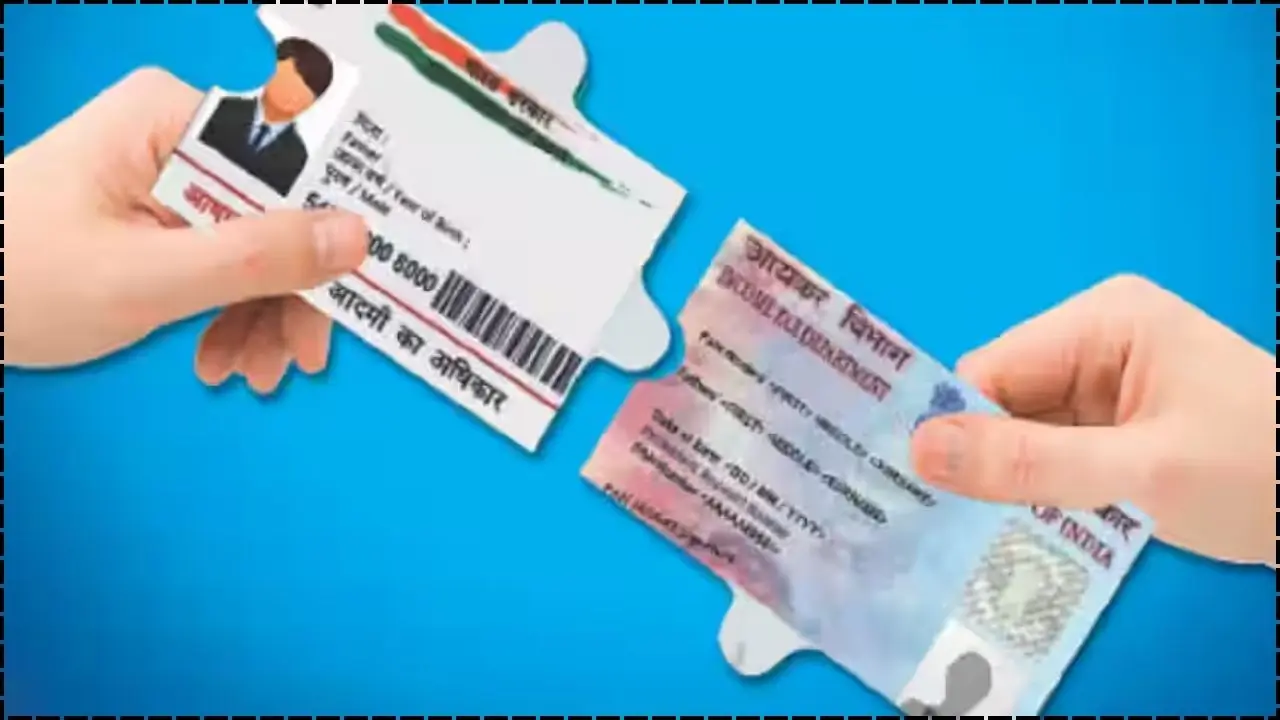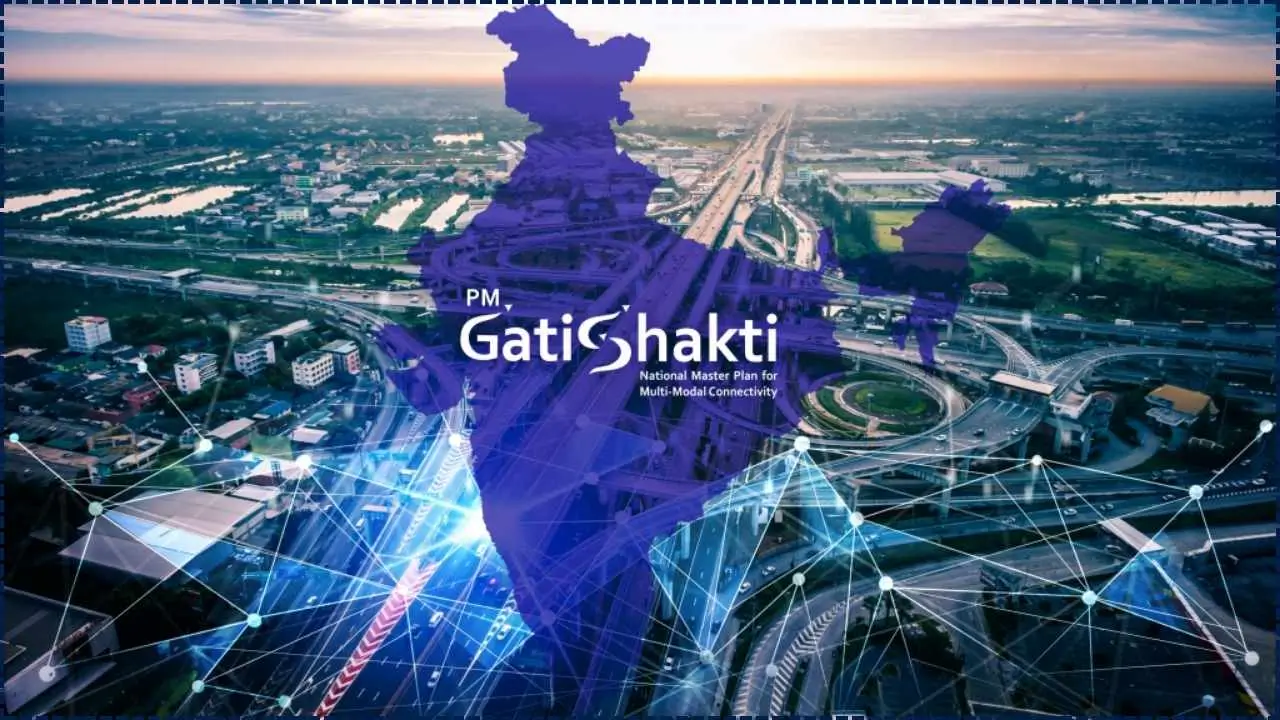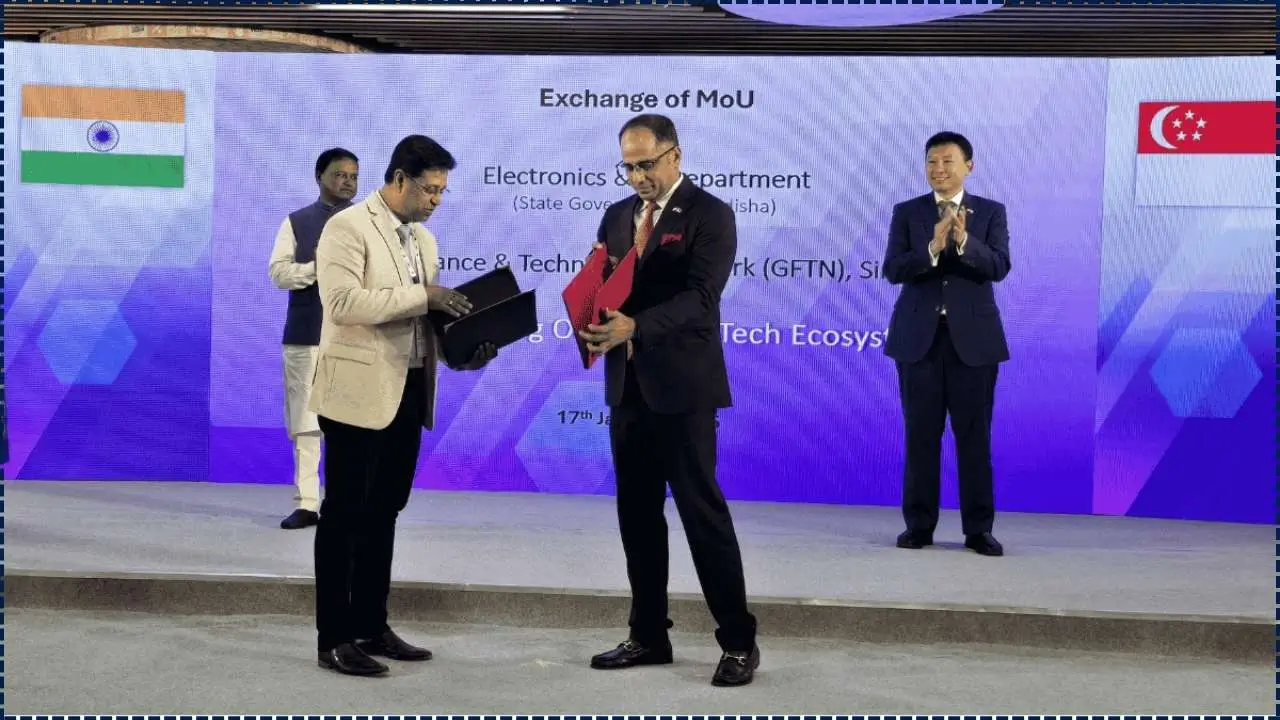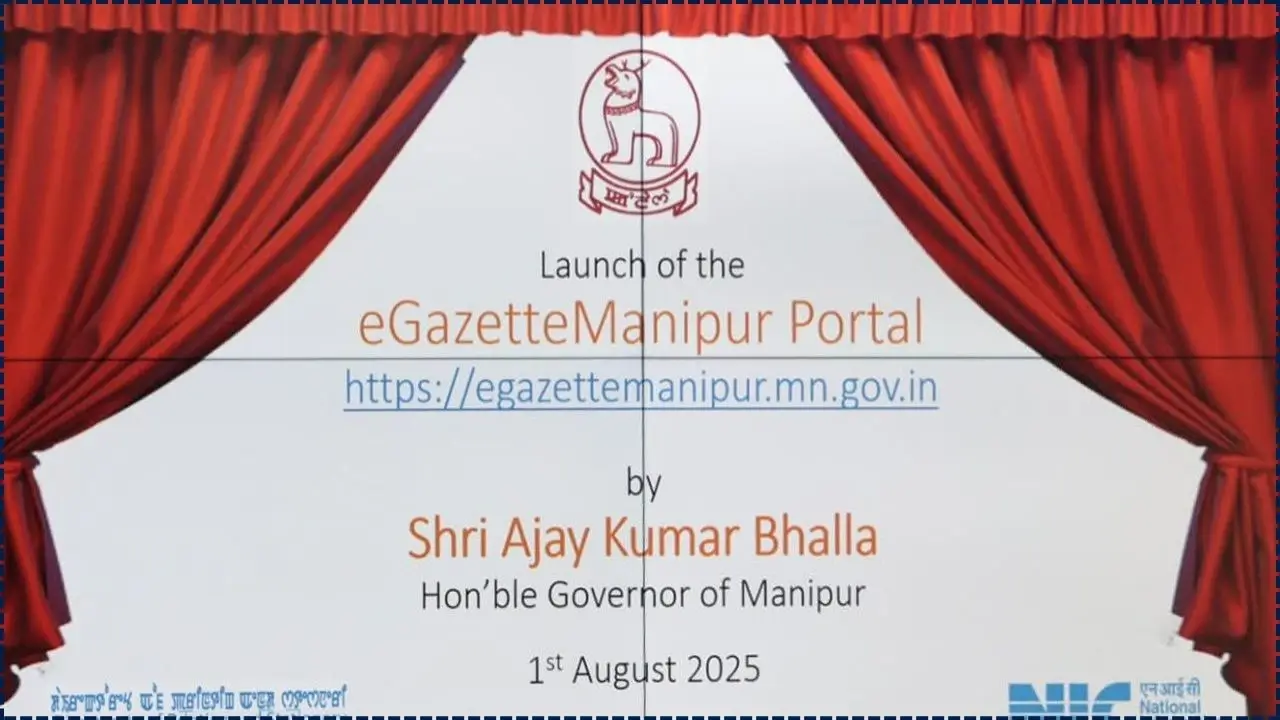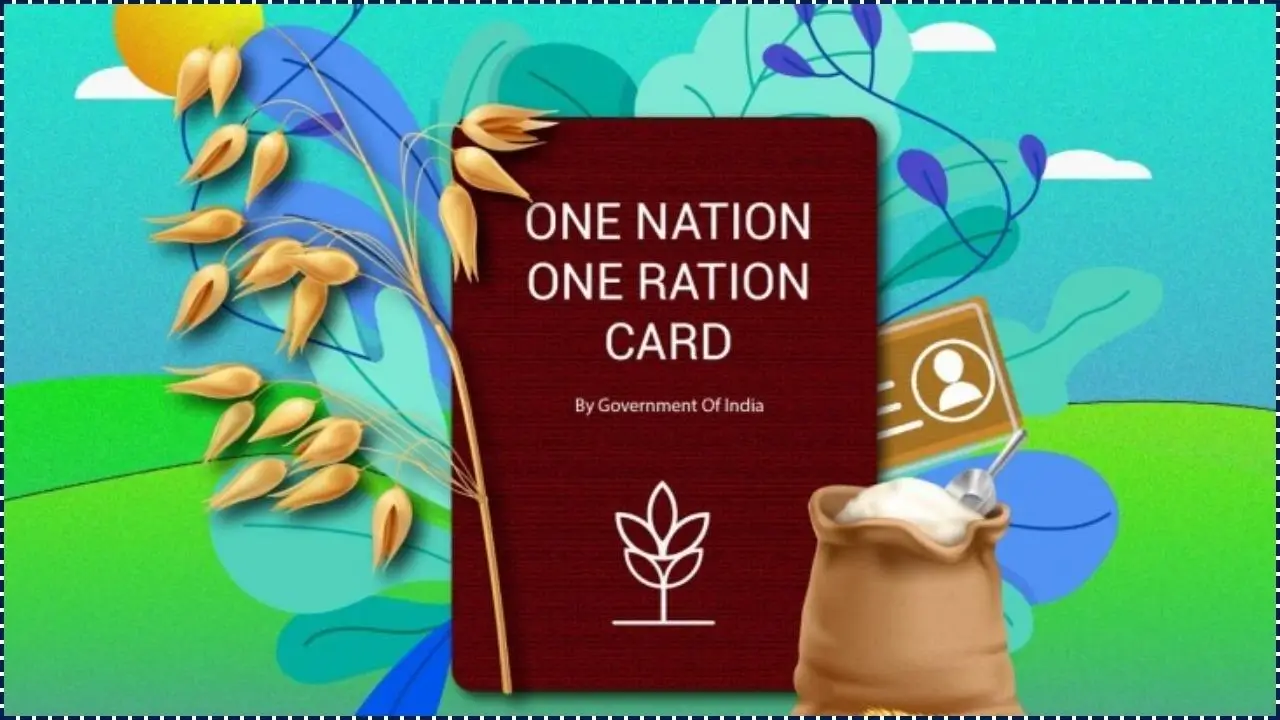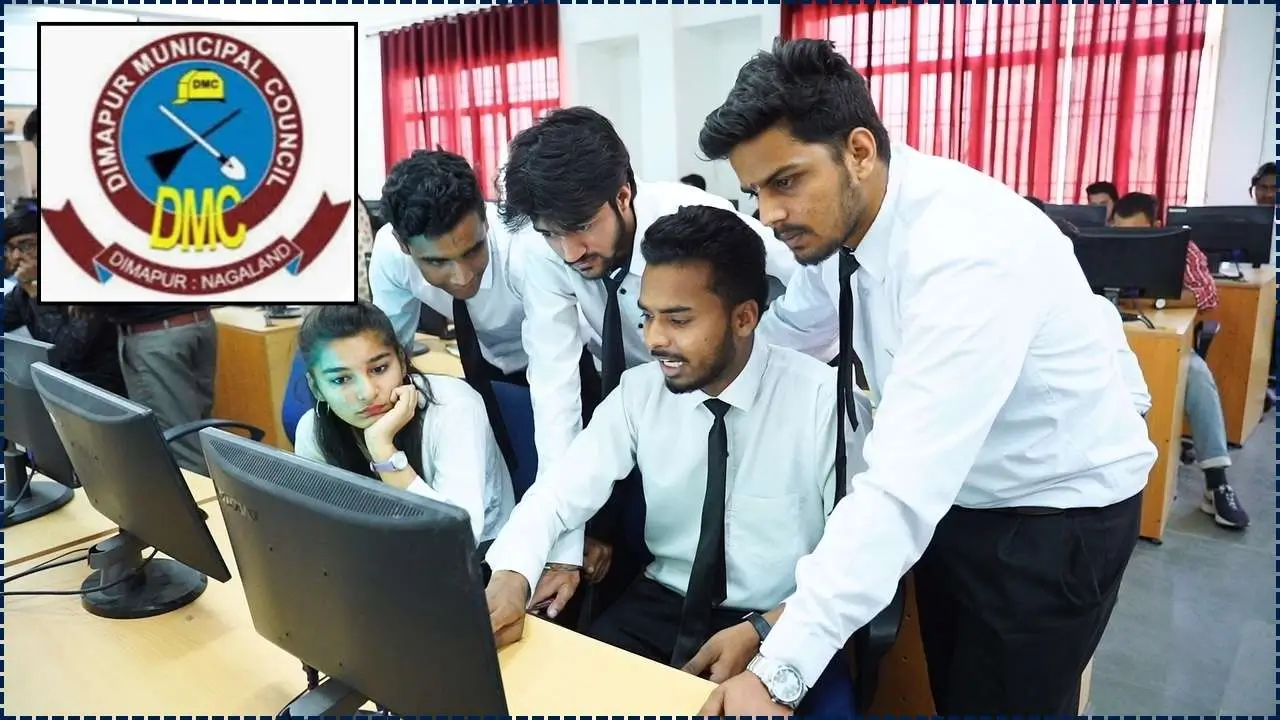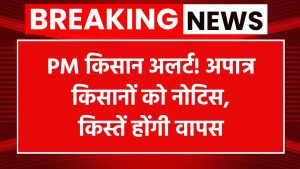Securing a birth certificate in India, through platforms like the CRS portal or local registrars, is more than a legal process—it’s a vital step toward ensuring every individual’s right to identity, dignity, and access to essential services, fostering a sense of belonging in society.
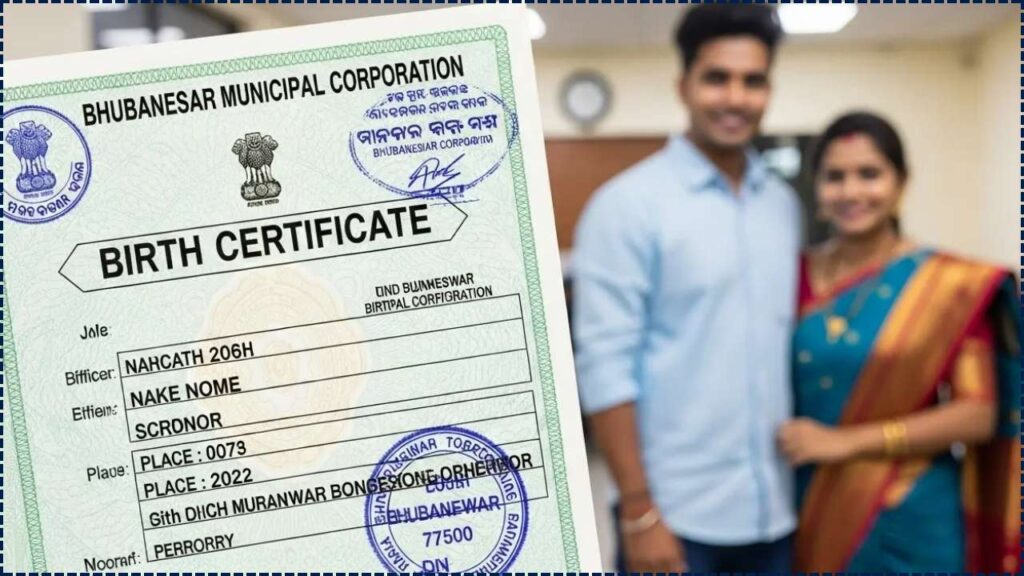
Reforms such as TLS upgrades in GHMC and streamlined online systems reflect a compassionate commitment to easing this process, reducing delays, and making it more accessible for all, particularly vulnerable communities. Despite challenges like data integrity concerns, as seen in Chennai, encouraging timely registration and diligent follow-up empowers citizens to secure prompt and reliable documentation.
By strengthening these systems with care and accountability, India unites families, communities, and policymakers in a shared mission to uphold every person’s fundamental right to recognition and opportunity from the very start of life.
Obtaining a Birth Certificate in India requires clarity and precision. The Registration of Births and Deaths Act, 1969 mandates birth registration, which residents can now complete via their local registrar or the online Civil Registration System (CRS) portal operated by the Office of the Registrar General of India. This guide walks citizens through required documents, submission steps, applicable deadlines, and recent regional reforms to streamline the process.
Table of Contents
Legal Framework and System Overview
India’s civil registration system, established under the Registration of Births and Deaths Act, 1969, mandates universal, continuous, and permanent recording of vital events. The Civil Registration System (CRS), managed by the Registrar General and Census Commissioner under the Ministry of Home Affairs, offers a centralized platform for submitting and retrieving birth and death records across states and union territories.
Obtain a Birth Certificate in India Process
Registration Window and Fees
Most states require registration within 21 days of birth. Late submissions attract fees and penalties—for instance, Bhopal now imposes ₹20 (days 22–30), ₹50 (within one year), and a ₹250 annual penalty capped at ₹1,000 for delays beyond a year. Tamil Nadu’s 2025 rules introduce stricter penalties, ranging from ₹100 after 21 days to ₹500 plus magistrate approval for delays beyond one year. Institutions may face ₹1,000 fines or prosecution for non-compliance.
Online via CRS Portal
Citizens can register births via the CRS portal (crsorgi.gov.in) by creating an account, submitting Form No. 1, uploading required documents (birth proof, ID, address), paying fees, and tracking status online.
Offline Registration
Applications can still be submitted at local registrar or municipal offices. Applicants fill in statutory forms, attach supporting documents, pay fees, and collect the certificate after processing—typically within a few weeks, varying across jurisdictions.
Related Links
Integrated Government Online Directory: A State-by-state List of Important State Government Websites
Local Government Bodies: A List of Municipal and Local Governance Websites Across India
Addressing Unregistered Births
Unavailable birth records require a Non-Availability of Birth Certificate (NABC). Applicants must search at the hospital and municipal office, then submit documented evidence, an affidavit on stamp paper, and identity/address proofs. The NABC may take two weeks to several months depending on state policies.
Recent Reforms and Security Enhancements
Hyderabad Joins CRS
In response to certificate fraud, the Greater Hyderabad Municipal Corporation (GHMC) is transitioning to the CRS platform. Certificates will carry QR codes, event IDs, and integrate with Aadhaar and the National Population Register for greater security and traceability.
Data Safety Concerns in Chennai
Despite new OTP-based downloads for certificates, Greater Chennai Corporation’s system remains vulnerable. Users can gain access with incorrect details, and the Namma Chennai app allows certificate download without OTP, raising serious privacy concerns.

